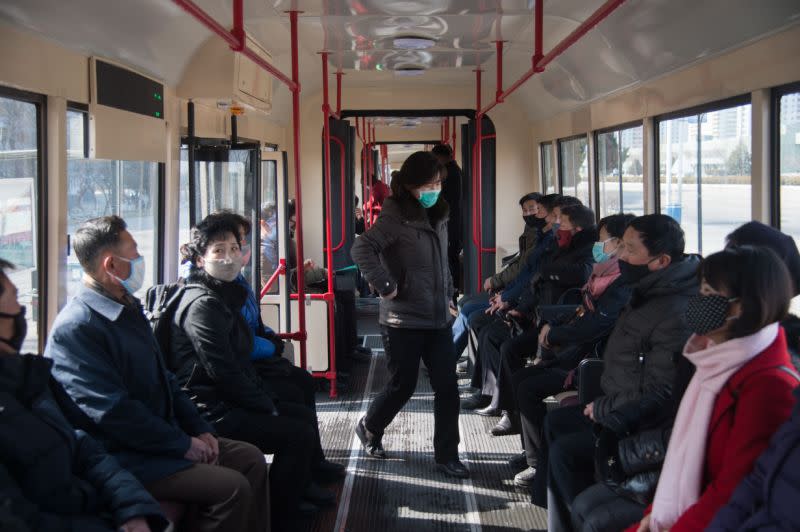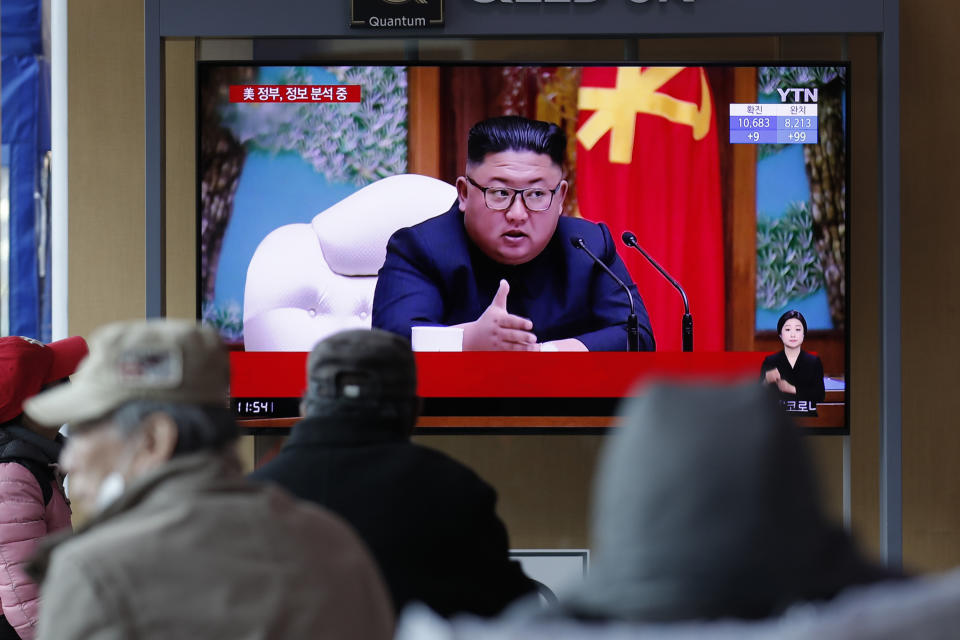North Korea reopens schools and makes masks mandatory while continuing to claim zero coronavirus cases

North Korea has reopened its schools and made masks mandatory while continuing to claim it has no coronavirus cases.
Pyongyang has not reported any confirmed cases of COVID-19, but it has imposed a public gatherings ban, strict border closure and a quarantine programme.
US and Japanese government officials have cast doubt on claims the country has zero cases, but one diplomatic source said whatever the truth, North Korea appears increasingly confident it has the situation under control.
The country’s ministry of public health has been sharing weekly updates with the World Health Organization (WHO) on steps it is taking to ward off the pandemic, said Edwin Salvador, the WHO’s representative to the reclusive country.

In the latest update, provided on 19 June, the ministry said all educational institutions are now open, with children required to wear masks and washing stations installed.
It also reported all of 922 people checked so far have tested negative, while hundreds of others, mostly cargo handlers at seaports and land borders, are regularly quarantined for monitoring, Salvador said.
“Temperature checks using infra-red thermometers, hand washing facilities and sanitisers continue to be in place in all public places including shopping malls, restaurants and hotels," he said via email.
“It is mandatory for all people to wear masks in public places and no public gatherings are allowed.”
Pyongyang devised a “national preparedness and response plan” in February based on the WHO's recommendations, under which it appointed community doctors, each of whom is responsible for 130 households, Salvador added.
It also set up 235 “Rapid Response Teams” consisting of an epidemiologist, a doctor, a nurse, a paramedic and a livestock official, tasked with investigating any suspected cases.
The WHO has provided enough supplies to conduct 1,000 tests, as well as 2,900 personal protective equipment items alongside laboratory reagents, Salvador said, adding that healthcare workers were being trained how to deal with the COVID-19 threat.
South Korea's Unification Ministry, handling inter-Korean affairs, said plans to sent $10m (£8m) of aid for the North via the UN World Food Programme were put on hold after cross-border tensions flared.
Coronavirus: what happened today
Click here to sign up to the latest news, advice and information with our daily Catch-up newsletter
Read more about COVID-19
How to get a coronavirus test if you have symptoms
How easing of lockdown rules affects you
In pictures: How UK school classrooms could look in new normal
How public transport could look after lockdown
How our public spaces will change in the future
Help and advice
Read the full list of official FAQs here
10 tips from the NHS to help deal with anxiety

 Yahoo News
Yahoo News 

